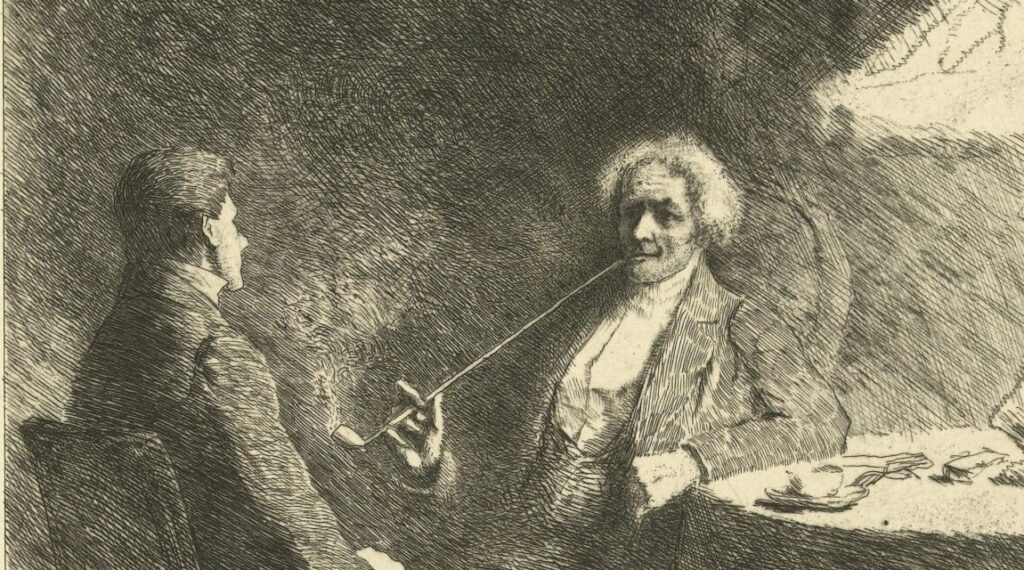
Radical Sympathies
Henry James praised Ivan Turgenev because, though the man possessed a pessimistic streak, in his novels he painted tender pictures that bled sympathy for all.

Henry James praised Ivan Turgenev because, though the man possessed a pessimistic streak, in his novels he painted tender pictures that bled sympathy for all.
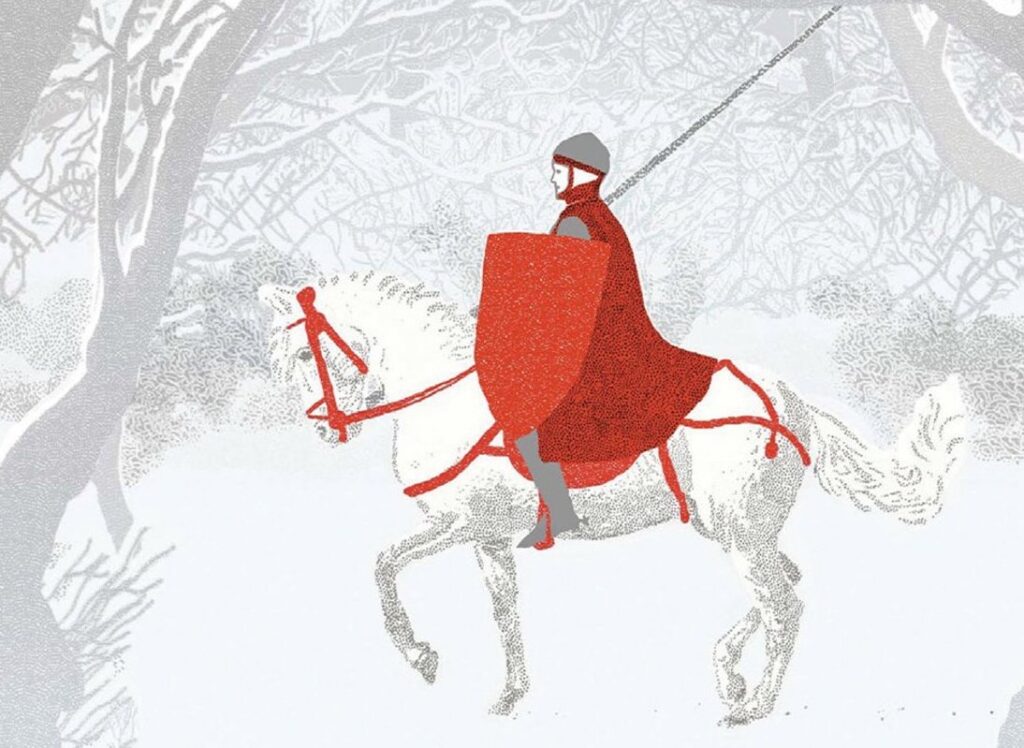
Sir Gawain is a dramatic tale of a knight’s bravery and chastity in the face of temptation and, crucially, the distinctive experience of grace and forgiveness that Christ’s birth, death, and resurrection has made possible.
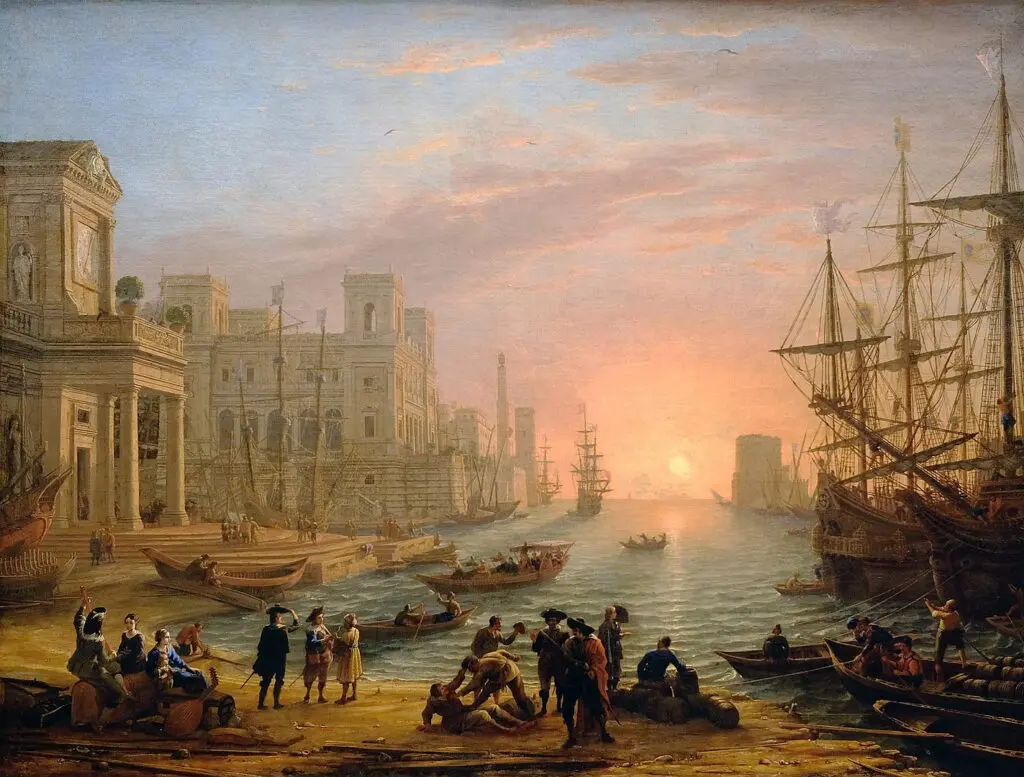
DiLorenzo’s ‘Politically Incorrect Guide’ comes at a time in which the majority of young people in the West are predicted to experience less freedom and economic prosperity than their parents or grandparents enjoyed.
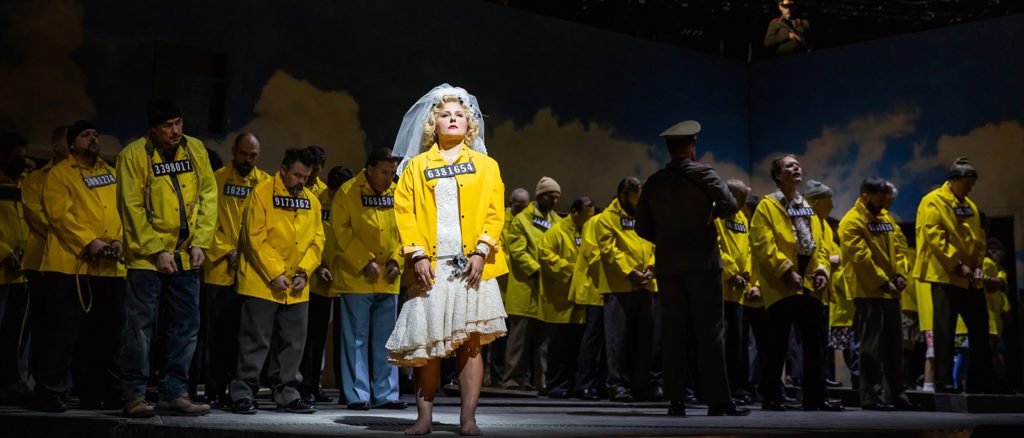
Conductor Keri-Lynn Wilson’s deft, efficient gestures captured the performance with balance between its driving sonic eccentricities and subtler and more contemplative passages.

Today, it is all too common to prize self-sufficiency as a virtue—a virtue by nature inaccessible to the sick and to the disabled, to pregnant women and to the elderly, and to children of any age.

How did we get here? As Trueman explains it, three intertwining concepts and their origins must be understood to grasp our current culture: expressive individualism, the sexual revolution, and our social imaginary.
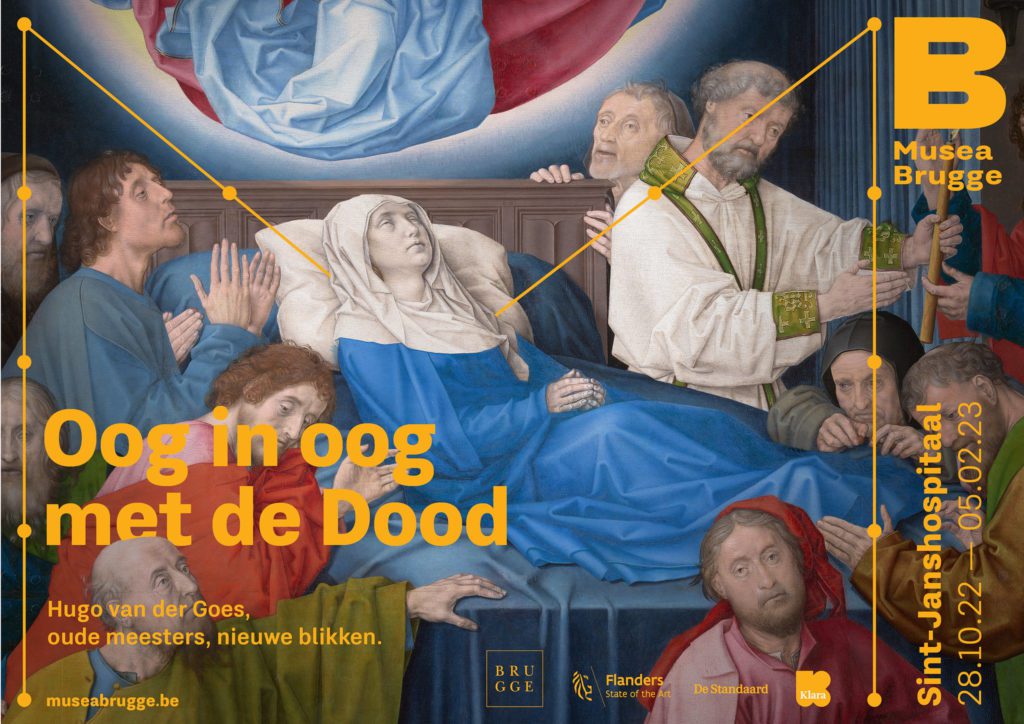
“Face to Face with Death. Hugo van der Goes, Old Masters, New Looks” at Sint-Janshospitaal in Bruges is open for visitors until February 5th, 2023.
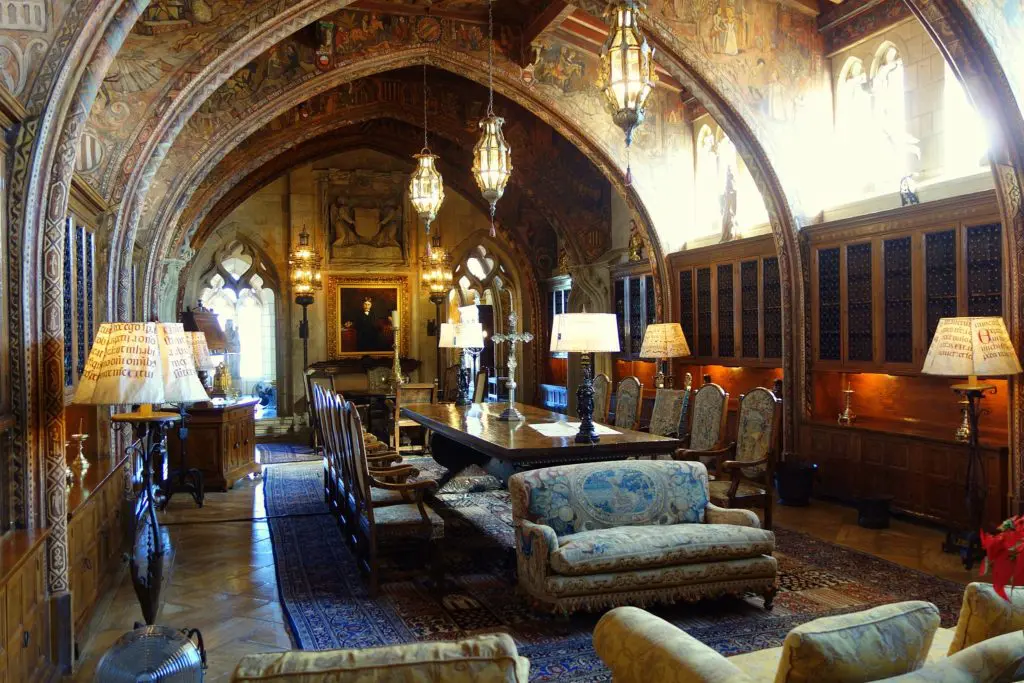
“We don’t need any more evil in the world. We need a lot more reckoning with it.”
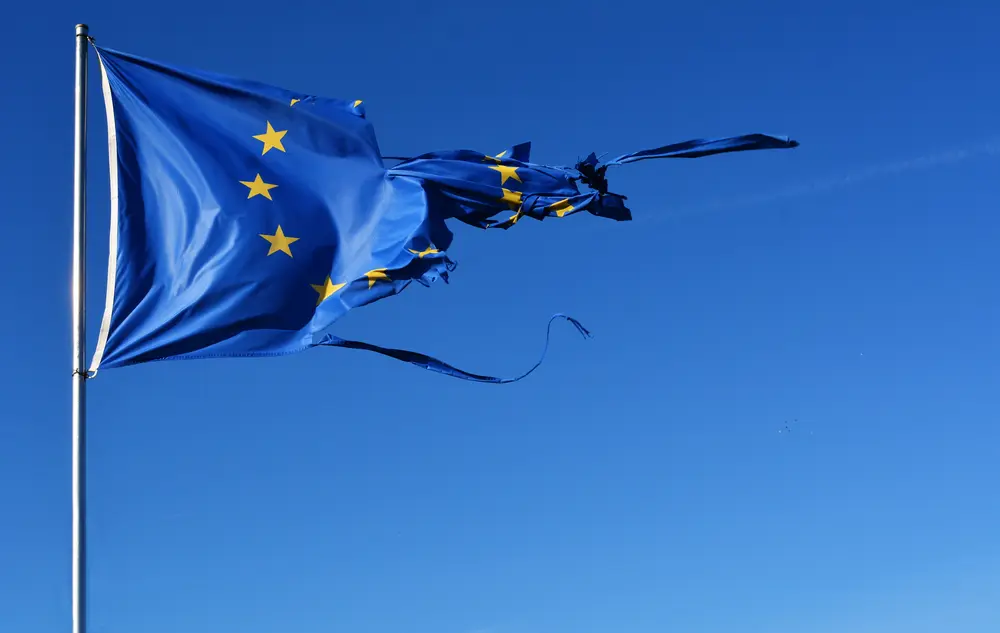
The EU’s business model has been to put the age-old laws of politics to the test, argues Stefan Auer in his latest book. To survive, it needs to heed them instead.

Erdoğan either has the best of intentions for Turkey or is simply in love with power. The fact that he has altered the presidential voting system and extended his term of office in the process suggest the latter.
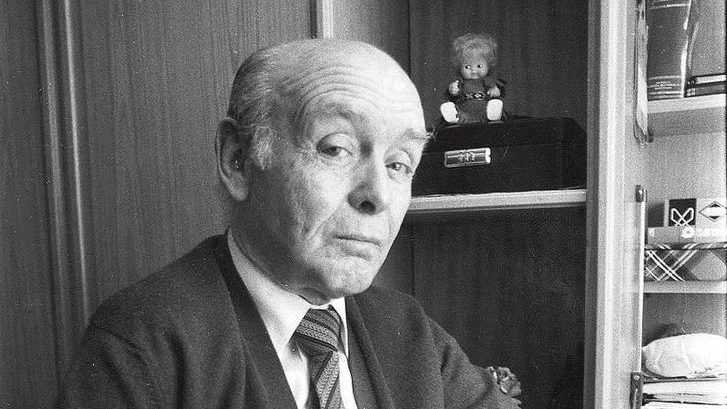
As a work of serial military fabulism, Ezquerra’s book is an interesting cultural artifact. I laughed more than once at the author’s sheer gall, but Ezquerra himself is an unpleasant figure. A literary liar is bad enough; a Nazi literary liar seems even more obscene.
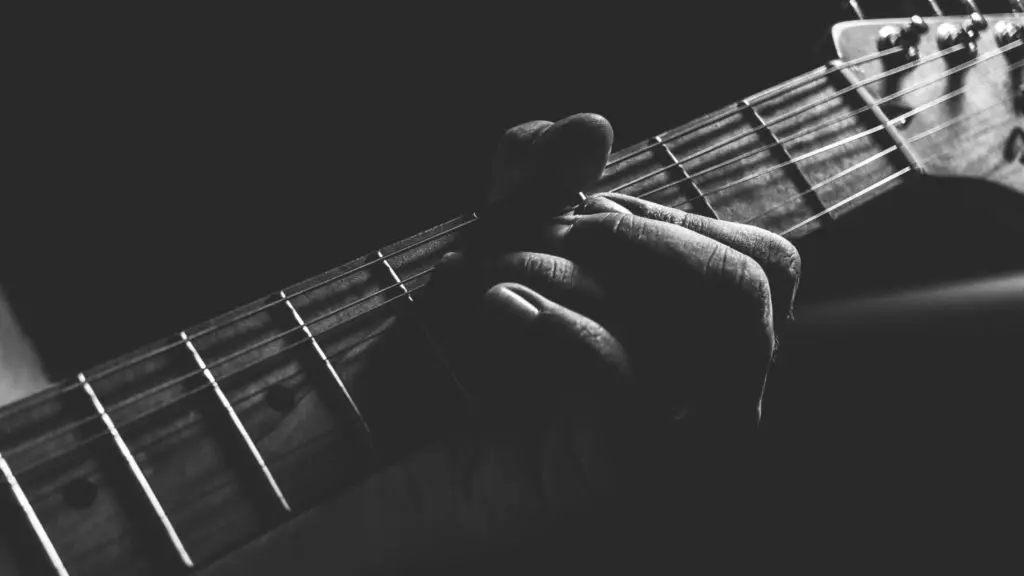
The novel illustrates St. Catherine of Siena’s famous quote, “The path to Heaven is Heaven.” St. Catherine did not say whether the path felt like Heaven at the time, but she was certain that it was, in all essentials, Heaven. In other words, Heaven bleeds backwards into our lives, until every moment is colored with its otherworldly hues. That is the feat Vodolazkin accomplishes in this novel.

American composer Michael Dellaira secured the operatic rights to Lampedusa’s novel after rereading it following a trip to Sicily in 2014. Pandemic complications froze the entire performance world for two years, so the opera only had its world premiere in March 2022, in a run of two performances by the Frost Opera Theater.
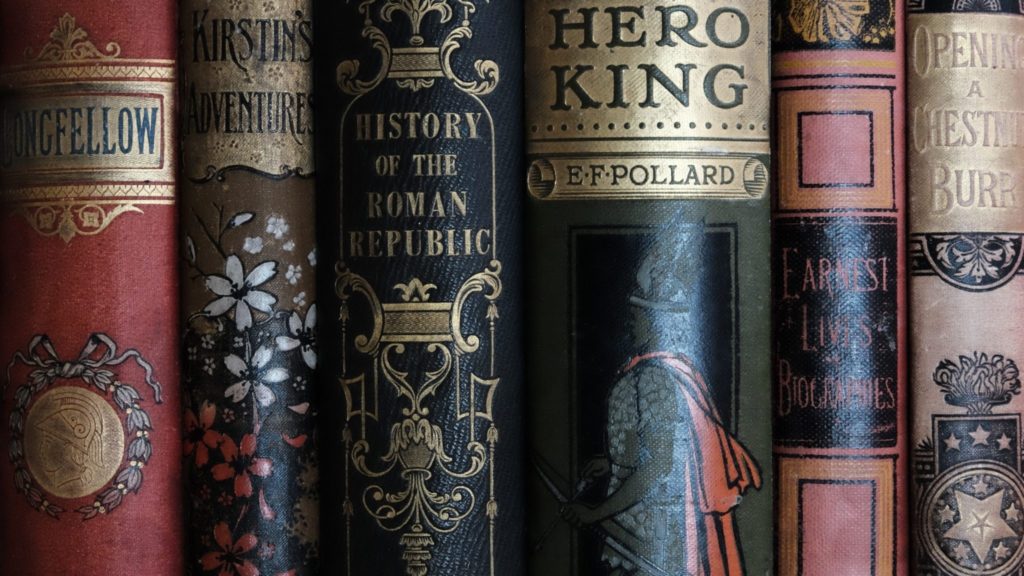
Judging by the 1942 film, the story of Bambi is a relatively simple and childish tale. True, it famously deals with Bambi’s loss of his mother, but in general the movie leaves viewers with the banal, sentimental, fuzzy feelings that has made Disney an entertainment juggernaut. But these are not the feelings Salten’s original novel produces, nor is the novel particularly intended for children. How, then, did Disney’s image of Bambi become the predominant one? And how does this story and its reception shed light on our current Western culture?
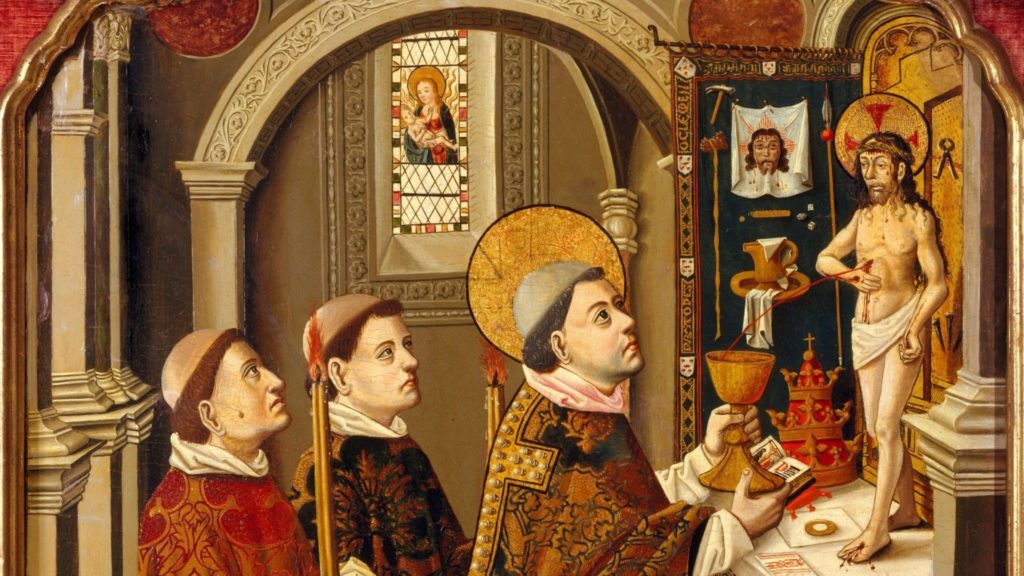
It is noticeable that many of the book’s Anglophone contributors are almost bewildered by the sudden papal attack on the traditional liturgy. This is a shortcoming of the Anglo-centric perspective, which underestimates the depth of the antipathy towards the Apostolic Roman Rite amongst many non-Anglophone bishops.
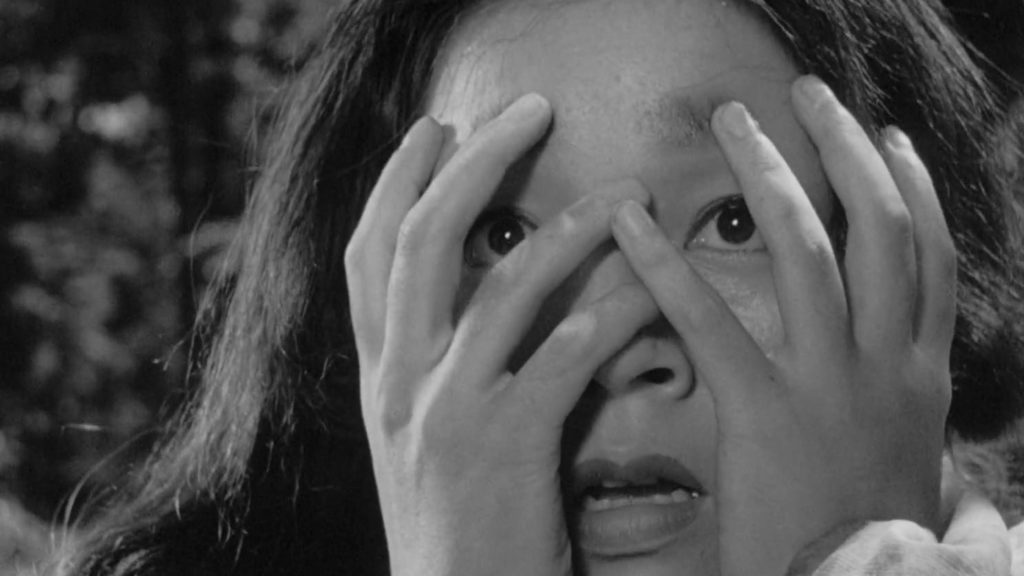
70 years ago Akira Kurosawa won the Oscar for his film Rashomon. In our world, that demands us to constantly pick sides, the tale of four different versions of a story, that questions our perceptions of reality and our inevitable subjectivity, is as current as ever.
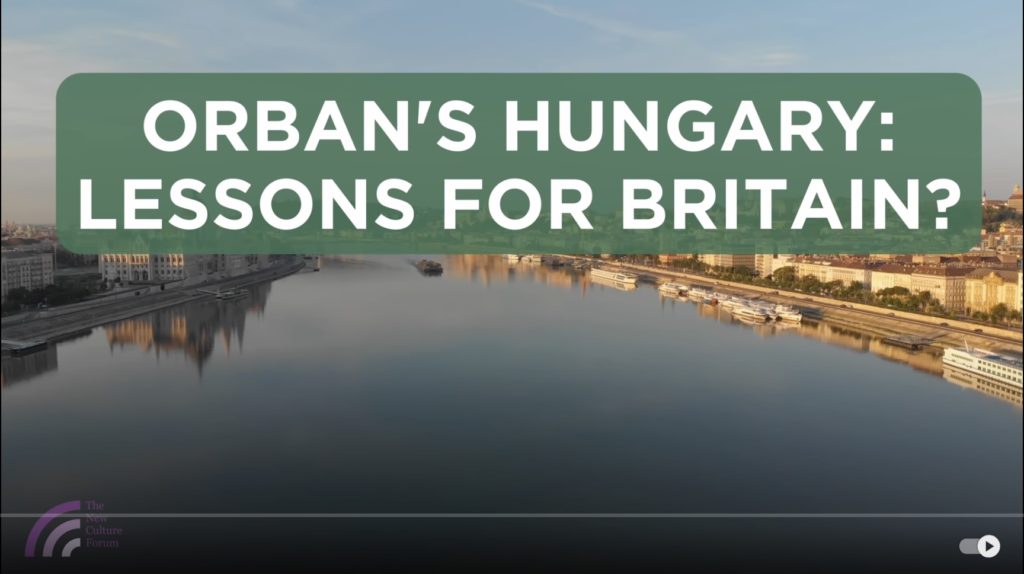
Particularly in Britain, the New Culture Forum’s film is likely to evoke plaintive sentiments, if not downright fury. Indeed, the UK Conservative government has altogether less to show for itself than the Hungarians do after an equivalent period of now twelve years in Downing Street.
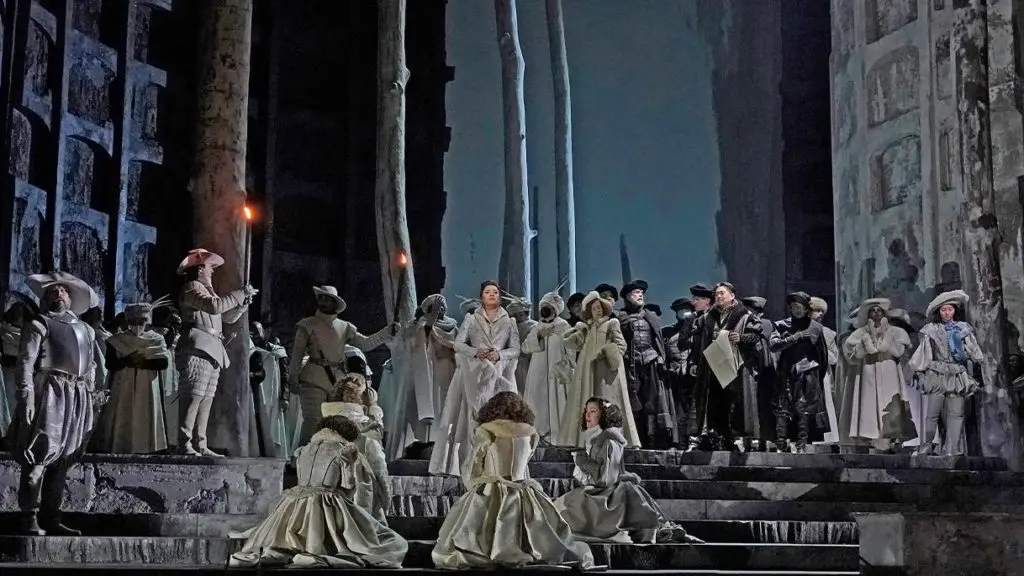
Set against the production’s dismal sets, the action unfolded as a five-hour dirge of funereal hopelessness before ejecting spectators into equally gray Manhattan surroundings where after-theater conviviality is long dead.
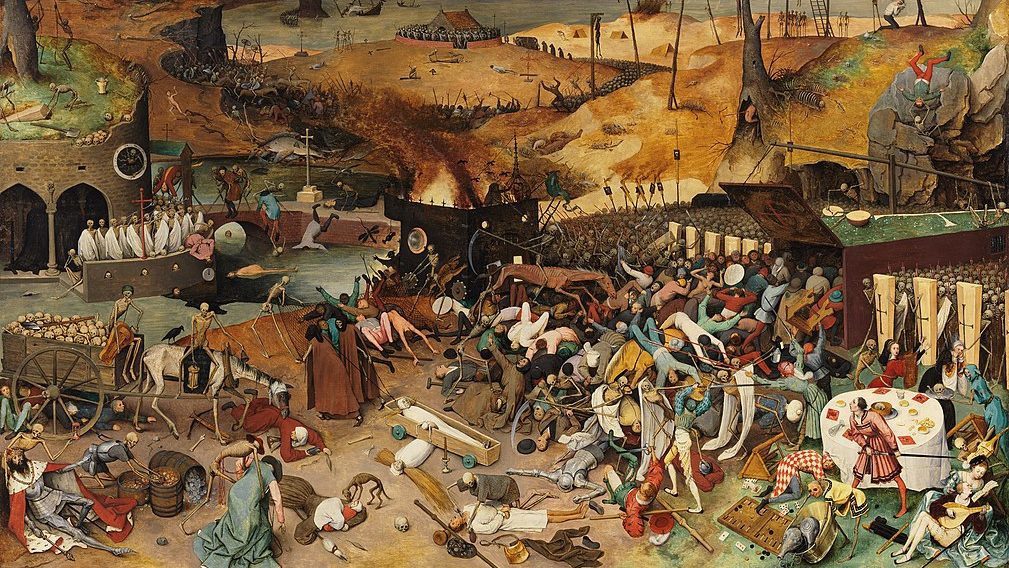
The essential thesis of the book is, regardless of the efficacy of pandemic management measures, that there was never an assessment of what the likely damage was going to be. The equation between benefit and damage was unbalanced; in fact, the damage side was left blank.
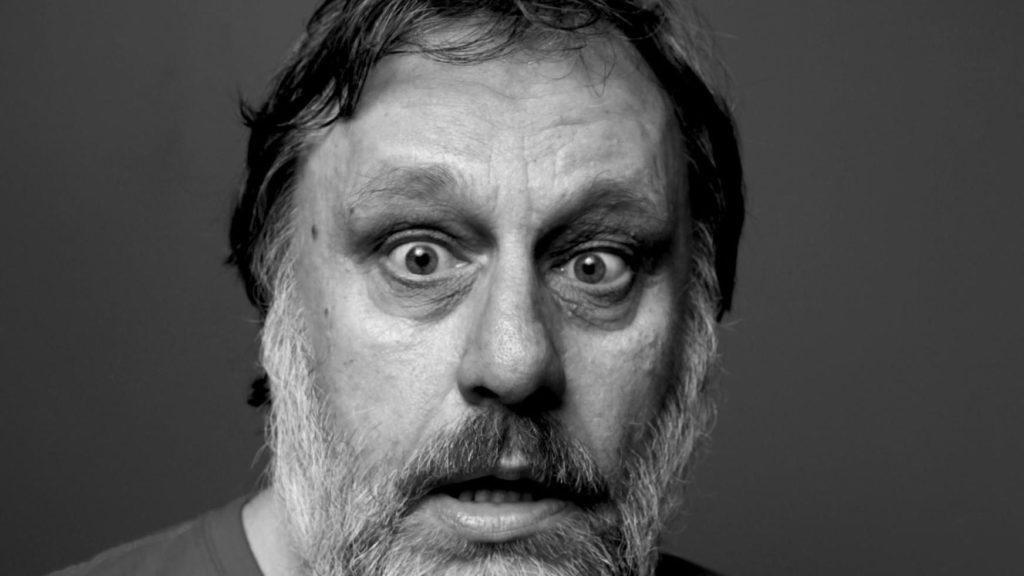
Despite his colourful pessimism, Žižek still appears to indulge the fallacy that some combination of good will, rationality, and imagination is up to the task of saving our fallen world.
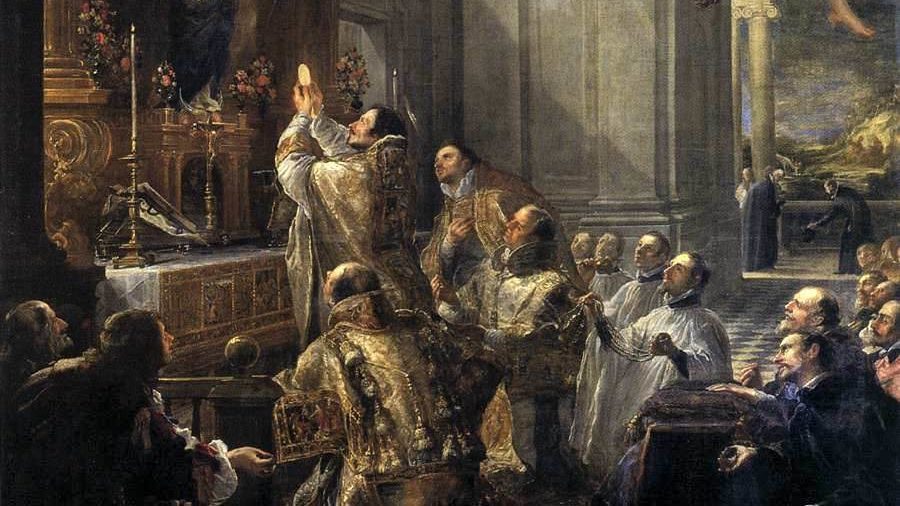
Fr. Bryan Houghton has an enduring message, which remains relevant for the Church and for society in the West today: “tradition is not nostalgia for the past but precisely the transmission of one’s inheritance to the future.”

No beast is troubled by the fact of being a beast, still less moved to produce art expressing such anxiety. Even in our most savage conduct, human beings are nothing like wild animals. We are distinctly human, at times even fiendishly artistic, in our beastliness.